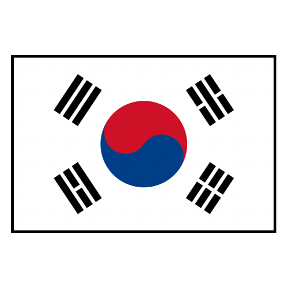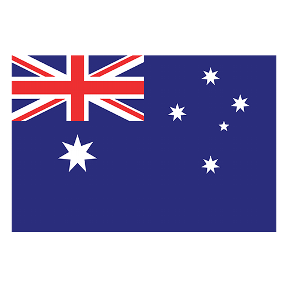Host nation Australia won their first Asian Cup title in their third attempt after they defeated two time champions South Korea 2-1 in the final of the 2015 edition in Sydney on Saturday night.
Substitute James Troisi tapped home the winner after Kim Jin-hyeon could only parry striker Tomi Juric's low cross just before the midway point of extra time to give Australia their maiden continental title after it joined the Asian confederation in 2006.
Earlier, a superb long-range strike by Massimo Luongo just before half-time had put Australia ahead before South Korea's standout player Son Hyeung-min equalised deep into second half injury time to deny the hosts victory in regulation time.
The Socceroos had lost the 2011 final to Japan in extra time. South Korea, who have not conceded a goal until the final, have now lost their past four finals and have not won the tournament since 1960.
Australia's rampant attack had notched a tournament-leading 12 goals in five games coming into the final but were largely muted in the first half as South Korea quickly settled and frequently found their way into the final attacking third.
However, Australia inflicted the first blow with Luongo's stunning strike within seconds of half-time. It was the 22-year-old Swindon Town midfielder's second goal of the Asian Cup, to go with four assists. He was named player of the tournament after the final.
Son was the standout player on the field and, despite missing difficult chances earlier in the match, made no mistake in the final minute when he blasted past Mat Ryan to send the match to extra time.
The exertion to score an equaliser seemed to take the energy out of South Korea as the hosts looked fresher in the extra period and the match turned again on an exceptional piece of individual skill in the 105th minute.
Juric, who came on for Tim Cahill in the 63rd, back-heeled the ball between Kin Jin-su's legs on the goal line and sent in a low cross which the goalkeeper could only block into the path of Troisi, who put the ball into the empty net to erase Australia's disappointment of losing the final four years ago to Japan in Qatar.
Earlier in the game, Australia struggled to handle the pace of the South Korean wide players with both Ivan Franjic and Jason Davidson especially caught out in the early stages, with Son looking particularly threatening as he cut in from the flanks.
Australia captain Mile Jedinak produced his team's first shot but his free-kick from a central position just cleared the crossbar with Kim beaten in the 8th minute.
Son, who scored both goals in South Korea's 2-0 extra-time win over Uzbekistan, almost opened the scoring in the 36th minute with an exquisite volley, which rocketed just over the angle of the post and crossbar with Ryan on the ground.
After being under concerted pressure for most of the first half, Australia seized the momentum with a moment of individual brilliance by Luongo.
In the final minute of the half, Luongo received Trent Sainsbury's forward pass, turned sharply and unleashed a powerful low shot from 25 yards that beat Kim and passed just inside the left post to spark wild celebrations among the majority of the 76,385 crowd.
South Korea again started the second half better with Son continuing to find the ball in dangerous areas.
Just past the hour Australia coach Ange Postecoglu withdrew Cahill, who appeared injured, for Juric. Cahill received a standing ovation as Australia's greatest ever goalscorer -- with 39 goals from 82 games -- left the field in what may be his final appearance for the national team.
Australia suffered further injury blows less than 10 minutes later with Robbie Kruse stretchered off the field with what appeared a serious leg injury for the Bayer Leverkusen winger. Franjic then departed to leave Australia without any more available substitutes for the final 20 minutes.
With the final moments ebbing away, South Korea launched a long ball towards Australia's penalty box which eventually fell to Son who held off Sainsbury to fire a shot past Ryan to force extra time.
Despite a day less to prepare for the final, Australia's defence stood firm to cap an impressive breakthrough tournament.












